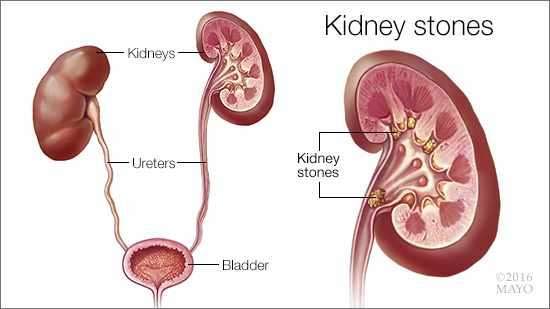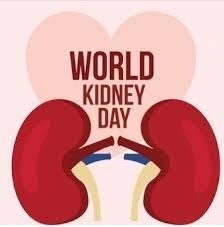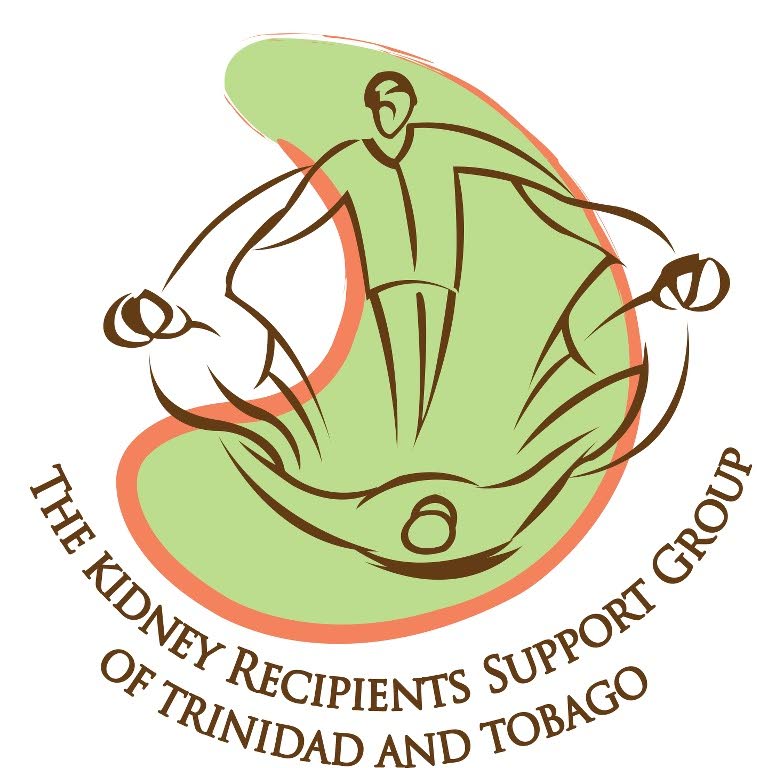Living well with kidney disease

LESLEY ROBERTS MB BS (UWI), FRCPC
Consultant nephrologist
Life often deals us curveballs, but no ball gives such a swing as when you are told that you are suffering from kidney disease. However, the angst should not be there if you are diagnosed as having a single simple cyst in one or both your kidneys, or if you have a single renal calculus in one of the kidneys, or a urinary tract infection.
If, on the other hand, you have been informed that you have abnormal kidney function tests results or kidney disease caused by diabetes or hypertension and there is protein in the urine, this would be worrying.
Chronic kidney disease (CKD), which one in ten adults worldwide suffers from, is considered progressive, may result in premature cardio- and cerebrovascular death and the patient may require dialysis or a kidney transplant in their lifetime. This diagnosis can be a huge challenge not only to the patient, but to caregivers and family members.
Because of the considerable burden of disease that is engendered by CKD, promotion of public and patient awareness was considered crucial and thus World Kidney Day was established on March 11, 2006 – Kidney Health for Everyone and Everywhere. This year, the theme is Living well with Kidney Disease.
It is recognised that despite newer drugs, improved access to dialysis and transplantation, patients and their caregivers do not have satisfactory patient outcomes and their ability to participate in everyday activities like work, schooling, travel and socialising is reduced.
Living well with chronic kidney disease requires changing the focus of care from being “disease-centric” to “patient-centric." This would involve:
* addressing effective symptom management of conditions affecting the patient’s life participation;
* allowing for patient empowerment and self-management;
* supporting the patient and their care partner; and
* implementing measures to prevent CKD and its progression.
Symptoms such as fatigue, frailty, sleep problems, cramps, stress, anxiety and depression significantly affect the patients’ well-being. Patients and their caregivers consider them major challenges. They are often not corrected by the dialysis sessions. Patients, their care partners and health professionals need to recognise the impact that these symptoms have on the patients’ lives and a more effective, integrated and holistic symptom management should be instituted. Often, this is beyond traditional kidney therapies. Correction of these intangibles are paramount in the improvement of the patients’ quality of life.
Patients with CKD and their caregivers must be empowered to achieve the health outcomes and life goals that are important to them. This requires that patients engage their clinicians in shared decision-making. Patients need to be informed of their disease early enough for decisions to be made in a non-crisis atmosphere. This feeling of empowerment will allow patients to embrace their new lifestyle, not consider that the actions are punitive, and facilitate compliance. Being involved in decisions about their care will lend a feeling of confidence and promote self-management.

Referral to allied healthcare professionals like dietitians, social workers and mental health professionals will be useful. Open communication by the patients about their goals, priorities and concerns are intrinsic factors to living well with kidney disease. Patients least involved with their care have 15 per cent higher health costs, than patients with the highest level of involvement.
A caregiver assumes a wide range of responsibilities which may include financing and co-ordinating care. This is not limited to transportation to appointments, administering treatment medications and supporting dietary management. Using the Caregiver Burden Scale, about 66.6 per cent of care partners of haemodialysis patients report mental health and vitality issues. Caring indefinitely for a CKD patient can impose a substantial burden on the care partner and affect family dynamics. Not infrequently, the career goals, occupational and leisure aspects of the caregiver's and the family's lives have to be set aside. This can lead to overload and burnout.
All care partners and family members involved in the care of a CKD patient must strive to have an acceptable quality of life. Identifying groups whether they may be disease related, religious or community based could prove beneficial as support mechanisms.

In any overall wellness programme for patients with CKD the need for prevention cannot be overstated. Patients with non-communicable diseases must know their family history, their numbers and seek to gain control of their primary disease.
Once afflicted, the progression of CKD can be delayed by lifestyle change: no smoking; weight loss; diet modifications; a plant-dominant low-protein diet. Effective drugs to correct the anaemia, treat heart failure and reduce the protein in the urine have been shown to delay the need for the start of dialysis. It is important that there is preservation of residual kidney function by avoiding potential nephrotoxins.
The theme of World Kidney Day 2021 focuses on actions required towards achieving patient-centred wellness. Strategies to prevent the development of kidney disease must always be at the forefront. Early detection, a prolonged course of wellness before commencing kidney replacement therapy should be promoted and empowerment of the patients and caregivers to be involved with policies and funding needs should be encouraged. Using all these measures will ensure that a patient lives well with chronic kidney disease.


Comments
"Living well with kidney disease"